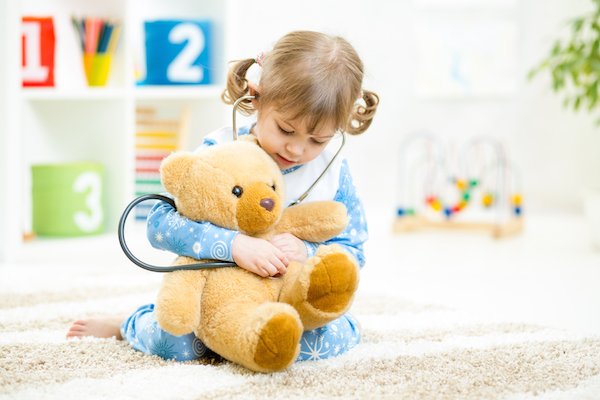
WEDNESDAY, May 1 (HealthDay News) — Extreme fatigue is common in U.S. teens and often goes untreated, a new study finds.
Researchers surveyed more than 10,000 teens, aged 13 to 18, and found that 3 percent reported having extreme fatigue that had lasted at least three months and was not relieved by rest. Half of the teens with extreme fatigue also had depression or an anxiety disorder.
More than half of those with long-term fatigue said they experienced severe or very severe problems in school, family or social situations, according to the study, which was published in the May issue of the American Journal of Psychiatry.
Only 14 percent of teens with long-term fatigue alone received any type of treatment for emotional or behavioral symptoms in the previous year, the survey found. Those with depression or an anxiety disorder in addition to long-term fatigue were more likely to have received care than those with fatigue only or with depression or an anxiety disorder only.
There are two key points to be taken from this study, said researcher Kathleen Merikangas, of the U.S. National Institute of Mental Health.
“Extreme fatigue that continues even after rest and interferes with adolescents’ ability to participate academically, socially or at home is a pathological condition, yet it’s not being recognized and treated,” Merikangas said in a journal news release. “Also, teens with a depressive or anxiety disorder plus persistent fatigue appear to be sicker than those without fatigue.”
More information
The MedlinePlus Medical Encyclopedia has more about fatigue.

